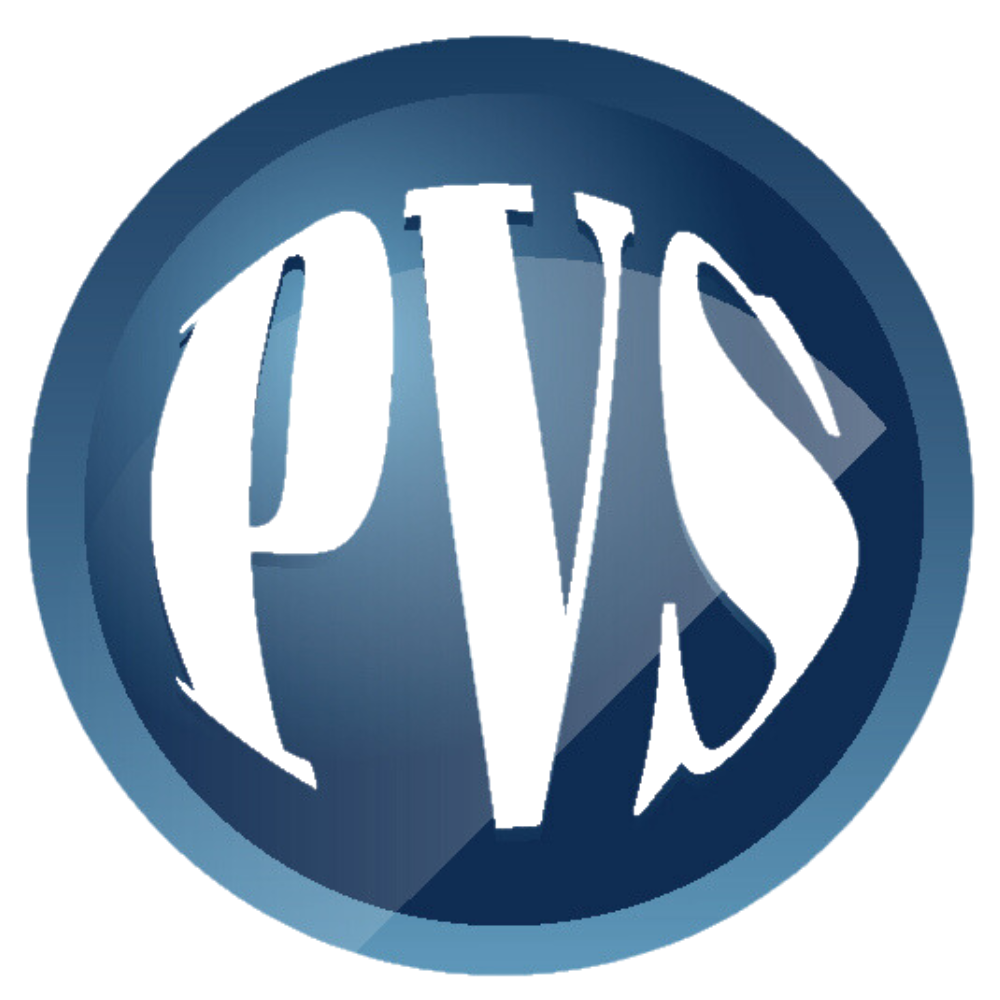
Everything You Need To Know About Business Property Taxes
Managing business personal property taxes can be a tedious and intimidating process, especially if you don’t know where to start. Businesses often overlook critical aspects during the filing process and are unaware that there are valuation methodologies they could be using to lead to a reduction in their tax liability.
Understanding your assets and your local jurisdiction’s assessment guidelines will ensure you are only paying your fair share of taxes and will prevent your business from encountering problems further down the road. Don’t let excessive business personal property taxes stand in the way of your business’ success. The following guide will help you understand what to look out for this upcoming tax season.
Real vs. Personal Property Taxes
When most business owners hear the term “property tax”, they likely think of their real estate property taxes. Just like homeowners must pay property taxes on their house, most understand that a business must pay property taxes on their commercial real estate. A lesser understood concept is that businesses must do the same with their business personal property. According to Smart Asset, a business’ property taxes will be listed under one of two categories: real property or personal property.
Real property includes stationery assets such as buildings and land. Personal property is categorized as intangible or tangible. Intangible property is property that does not derive its value from physical attributes. Examples of intangible property are things like trademarks, patents, copyrights, intellectual property, and software. Movable items, such as equipment, furniture & fixtures, and computers, that are necessary to conduct day-to-day business fall into the category of tangible personal property (TPP). These assets are what a business would report when filing their business personal property tax return.
Distinguishing between real and personal property isn’t always simple. For example, a heavy piece of manufacturing equipment that is attached to a building could be considered real property or personal property. Filing hundreds of thousands of personal property tax returns and working thousands of personal property audits has taught us that this can also be confusing to county appraisers. Furthermore, there are times where a personal property appraiser considers an asset to be tangible personal property while their real estate counterpart down the hall included that same asset in the calculation of the same property’s real estate value. Unfortunately it is not uncommon to find double taxation issues where an asset is assessed as both real estate and personal property. If there wasn’t an expert keeping an eye on both property tax types, the taxpayer could be out tens of thousands of dollars.
What is Business Personal Property Tax?
Items included on your business personal property tax return should be reported properly to ensure the account is being assessed correctly. It is also important to review any assessment notices to confirm the assessor’s acceptance of the return or look to identify changes that may have been made.
Business personal property tax (BPP) is a self-reporting tax in which businesses file a BPP return that lists all tangible business assets as of a specific reporting date. In most cases, the date the assets were acquired, and the cost of the assets are used to place the assets on a set of depreciation tables to account for the loss in the assets value as they get older. As assets depreciate differently, the set of tables typically includes several tables that account for the loss of value at different rates. In order to avoid over assessment, and therefore, overpayment of property taxes, it is imperative that the assets be placed on the appropriate table. For example, furniture & fixtures might depreciate over 10 years while computers will depreciate faster due to advances in technology. Assets that fall into business personal property include:
- Furniture & Fixtures (e.g., desks, chairs, shelving)
- Machinery & Equipment (e.g., manufacturing, production, medical, restaurant equipment)
- Computer Equipment (e.g., desktops, servers)
- Office Equipment (e.g., printers, copiers)
- Vehicles (e.g., company cars or service vans)
- Inventory (depending on state and classification)
How to File Business Property Taxes
Business personal property filing requirements vary by state—and sometimes even by local jurisdiction. As technology improves, some states now allow businesses to file online. It’s essential to stay current on your state’s deadlines and requirements. Crowd Reason identifies twelve states that don’t assess business personal property taxes, so be sure to check each assessor’s guidelines to determine if and how you need to file.
Outsourcing your business personal property tax filings can help reduce the risk of mistakes and potentially save you money. Hiring a property tax consulting firm like Property Valuation Services (PVS) helps you navigate state and local tax laws. PVS uses custom tracking systems and asset-specific valuation methods to identify opportunities for savings.
For example, the impact of COVID-19 on equipment values complicated the 2021 filing season. Some industries, like healthcare, saw accelerated equipment depreciation due to increased usage. Others, such as entertainment and food service, saw slower depreciation due to decreased use. These shifts can dramatically affect your valuation approach.
In states like Texas and Virginia, where property tax rates are high, understanding market data and valuation techniques is key. Texas is especially known for levying forced assessments on businesses that don’t properly file. PVS combats this by using bots that track and populate resale data for high-tech equipment, ensuring returns reflect actual market values.
Which States Have a Business Personal Property Tax?
Not all states levy a business personal property tax. In fact, according to recent research by Crowd Reason, twelve states currently do not assess these taxes. However, in the states that do, the rules vary widely—and even counties within the same state may follow different filing procedures, depreciation schedules, or deadlines.
States like Texas, Virginia, Georgia, and California are known for more rigorous enforcement and higher property tax burdens, while others may offer exemptions for certain industries or asset classes. Understanding which states tax business personal property—and how those taxes are applied—can significantly influence your company’s tax planning and compliance efforts.
How Is Business Property Tax Calculated?
Business personal property tax is generally calculated based on the original cost of an asset, adjusted for depreciation over time. Tax assessors use standardized depreciation tables to determine an asset’s taxable value as of a specific date.
However, the method for calculating taxes can vary widely depending on your jurisdiction. Some states apply additional depreciation or obsolescence factors based on the asset’s usage or industry trends. For example, assets that have become technologically outdated or were impacted by market disruptions (like the pandemic) may warrant adjusted valuations.
Working with experienced consultants like PVS ensures assets are categorized and depreciated correctly to minimize overassessment. Proper classification and up-to-date market analysis are essential for paying only what’s fair.
How Business Personal Property Audits Affect Your Business
A Business Personal Property Tax Audit can result in unexpected tax liabilities, penalties and interest that can bring unexpected consequences to a company’s financial situation. PVS makes tax audits simple by reducing the amount of financial information auditors have control over and can defend audit assessments with concrete data to support lower values and taxes. Services like theirs can save your business from these additional taxes and possible penalties and interest.
The auditing process can be a time burden on your company. When auditors examine your business’s financial information, they often request items outside of the scope of completing an audit of your personal property tax return and this can take up time from your staff. Additionally, some audits can cover periods of up to four years resulting in a time-consuming information gathering process. PVS consultants give auditors what they need, nothing more, and work in your best interest to reduce liabilities and protect your rights as a business owner.
Other Issues That May Impact Your Personal Property Tax Liability
Your business may qualify for tax exemptions that aren’t currently being incorporated into your personal property tax return filing. Led by experienced property tax professionals and a licensed ASA Equipment Appraiser, PVS has been able to save companies millions of dollars by reviewing the methodologies used in preparing prior returns. They were able to save three movie theater corporations over $4M in property taxes through these methodologies, in addition to hundreds of millions of dollars saved by their healthcare clients.
Property Valuation Services Is Here to Help
Property Valuation Services is changing the way businesses file their business personal property tax returns. As a recognized leader in providing property tax solutions, PVS aspires to be the first choice for a broad range of property tax and appraisal needs. They are committed to being a customer-focused organization whose detail-oriented work is embodied with quality, integrity, ethics, respect, and exceptional communication with our clients.
Completing an analysis of the previous year’s filings will mitigate risks involved in your business personal property taxes. PVS can do the work for you by analyzing your previous year’s filing, revaluing assets, accelerating depreciation, tracking assessments, reviewing tax bills for accuracy, and semi-annual reports.
Your property values are top priority at PVS. If you are already a PVS customer, thank you for trusting us with your property tax responsibilities and we hope that you learned a little more about the detailed process PVS goes through in providing personal property tax services. We’d like you to consider us an extension of your tax department and we look forward to continuing our relationship. If you are not a PVS client but would like more information concerning your specific situation or would like to discuss the opportunity of becoming a client with PVS, please call 888-862-2722. For more information, please visit the website.
Frequently Asked Questions
What is considered business personal property for tax purposes?
Business personal property includes tangible, movable assets used in daily operations—such as computers, office equipment, machinery, furniture, and inventory. These items must typically be reported on a business personal property tax return.
Do all states require business personal property tax filings?
No, not all states require businesses to file personal property tax returns. According to industry sources, twelve states currently do not assess business personal property taxes, but requirements vary widely across jurisdictions.
Can I reduce my business personal property tax liability?
Yes. By properly classifying assets, applying accurate depreciation, and exploring valuation methodologies, businesses can often reduce their tax burden. Consulting with a property tax expert can help identify savings opportunities and ensure compliance.



